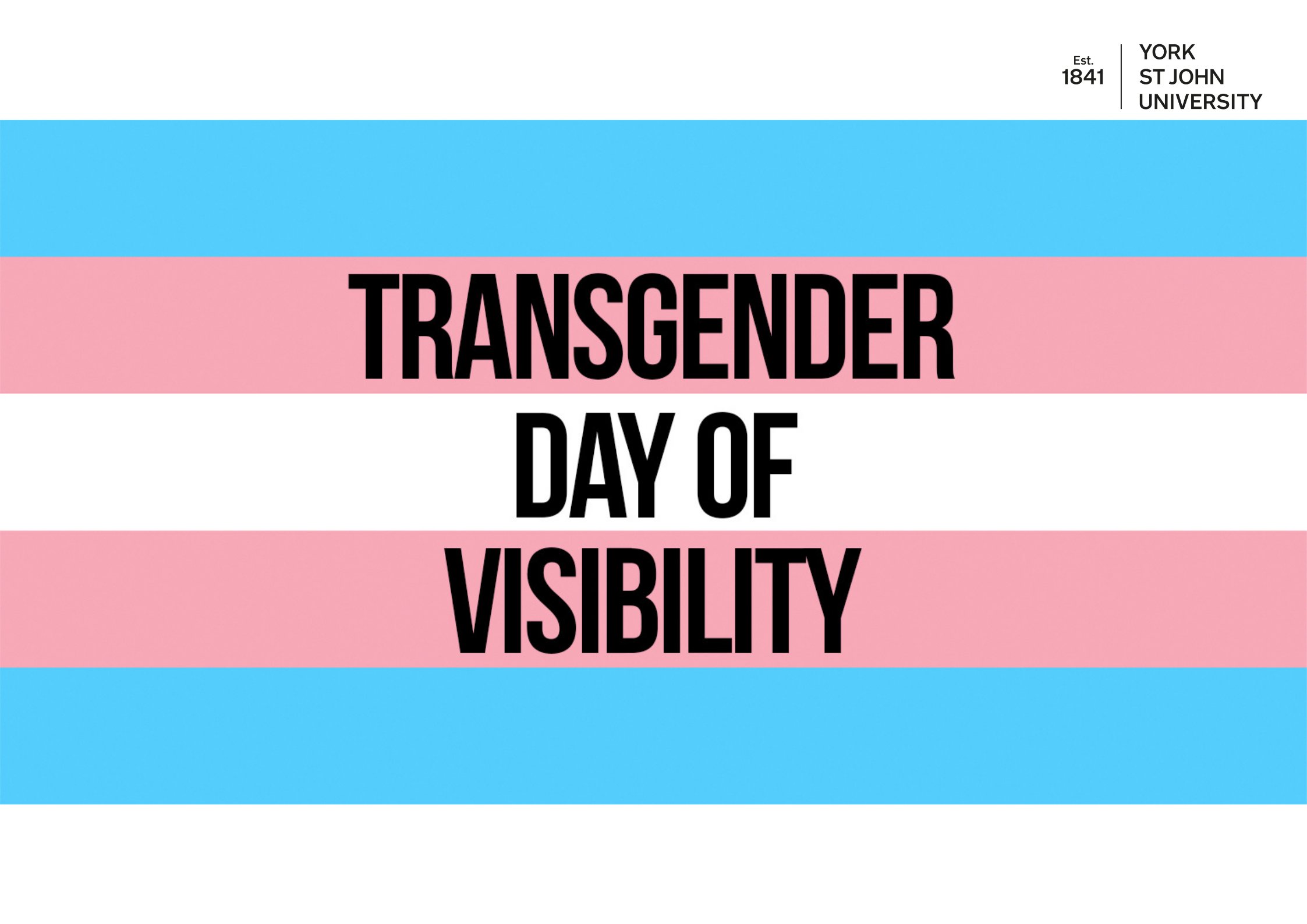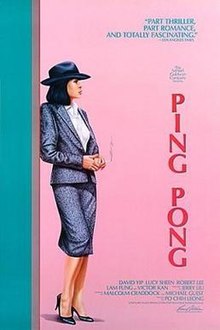In January 2024 I was invited to speak on a roundtable at the British Society for Eighteenth-Century Studies (BSECS) annual conference about the future of the eighteenth century. Each speaker was invited to share their aspirations for what they hoped a specific aspect of eighteenth-century studies might look like, before opening the workshop up for discussion about how we might work together to make these visions a reality. I was asked to speculate about the future of eighteenth-century studies from a pedagogical perspective. The following is based on my response to this question.
—READ MORE—
In terms of how eighteenth-century literature is taught ten years from now, I hope we will continue to see a move away from chronological survey modules that promise or promote, implicitly or explicitly, a completist account of the eighteenth-century as a literary period. In fact, the way “culture” is packaged, presented and consumed these days (though disconcerting in many ways) does perhaps equip students well for coping with the vast complexities of such a sprawling and self-referential age as the eighteenth century.
How do Gen Z consume media? Through streaming, asynchronous cultural consumption and via sprawling multimedia franchises. They’ve grown up with the MCU (Marvel Cinematic Universe), the DCEU (DC extended universe), the SSU (Sony’s Spiderman Universe, which doesn’t actually contain Spiderman), the MonsterVerse, the Multiverse, the Metaverse, now also the Whoniverse. Yes, there are major problems with the way one one or two huge corporations have come to colonise the popular imagination, but one possible silver lining is that a student who can enjoy a film about an obscure superhero’s flying dog without worrying about how it might fit into the other prior 40+ films and goodness only knows how many TV shows, videogames, cartoons and escape rooms it’s connected to, can probably handle first encountering Alexander Pope by studying Anne Ingram’s ‘Epistle to Pope’, or gradually developing a sense of the significance of Samuel Richardson by reading Sarah Fielding, Jane Collier and Charlotte Lennox.
The recently revised Quality Assurance Agency for Higher Education (QAA) Benchmark statement for English Literature doubles down on the continuity and persistence of disciplinary certainties (for instance, it states that literature is the “distinct analysis of discourse and meaning in communication, including aesthetics and rhetoric”) whilst also advocating a series of themes, which include Equality, Diversity and Inclusion. The statement models really well how it is possible to embrace urgent and emergent themes, approaches and considerations, whilst also maintaining our existing disciplinary procedures.
People often say studying literature promotes citizenship, empathy and kindness, and if that’s true, I can see how it would be the natural consequence of rigorous engagement with texts on a compositional level, because the text—especially the historical text—itself becomes an encounter with difference. It requires generative attentiveness: a consideration of the context, audience and meaning of each alien utterance. With the vast digital archives of primary materials at our disposal, increasingly diverse scholarship, and Broadview Press doing the genuinely heroic work of making lesser-known texts and the stories of their composition more and more available, there are so many new texts to teach and more and more ways to think about and teach them. And I think eighteenth-century literature is a particularly well-suited forum for exploring the kinds of questions relating to matters of Equality, Diversity and Inclusion.
First, because the eighteenth century is a mess. A huge, sprawling, self-referential, deeply intertextual, massively ephemeral mess. It is this mess of printed matter and the curious, contradictory, and often playful ways in which it promotes, applies, figures and resists concepts, paradigms and performances that makes the period endlessly fascinating. The messiness of it is a feature, not a bug, and something to be embraced. We can enter this maelstrom of ideas, opinions and representations from any angle – you’ll still feel the gravitational pull of Swift, the weight and ripples of Pope, the very long shadow of Dryden, the influence of Richardson, Fielding and Johnson, but you needn’t necessarily start there.
Second, the very same questions we are asking in our present moment—about who is and isn’t seen, who is heard, who is included and excluded and what we can and should do about this—are already there in eighteenth-century literature. The question of who is ‘hailed’ by the print within this public sphere draws attention to discussions that ring hauntingly prescient in our current moment. Whilst the dominant print culture might assume a white middle class reader similar to that of the authorial voice, there are texts which work hard to draw attention to this, to deconstruct it, and to find space for alternate voices and audiences.
In the periodical The Parrot, for instance, Eliza Haywood writes as an involuntarily displaced green parrot who explicitly rejects the implied kinship of his readership, as is often assumed in periodical literature, insisting instead on unfamiliarity rather than familiarity as a means of deconstructing the homogeneity of the white masculine public sphere in which it exists. These dynamics are often at work in the allegories and metaphors of the period. Arabella, the hero of Charlotte Lennox’s Female Quixote, for instance, invents a silent means of communicating in gestures as a way of resisting language prescribed by the dominant patriarchy. And of course, they’re there in the letters of Charles Ignatius Sancho: the complex subjectivities he inhabits, avoids, subverts or, just plays with. depending on who he addresses and why.

On my second year early eighteenth-century module on the English Literature programme at York St John University, which is called ‘Dawn of Print’, I frame the module as being about print culture and intertextuality. The whole thing is about the dialogic relationships between these texts (and actually quite a lot about the influence of Don Quixote). So, for these students, their tour of the eighteenth century went: John Dryden, Bernard Mandeville, Mary Leapor and Anne Ingram responding to Pope, Sarah Fielding, Jane Collier, Eliza Haywood, Charlotte Lennox, Ignatius Sancho, James Cook and Lady Mary Montagu, Jonathan Swift (Gulliver’s Travels) and Laurence Sterne. And I’m telling you this because over Christmas, an interesting thing happened.
A meme began circulating on X and TikTok called “Classic Bookshelf”, which depicts a “classic map” of 57 titles, and readers are encouraged to colour them in as they read them. A lot of the viral tweets were students sharing the image – which presents a fascinating and deeply traditional vision of canonicity as understood by the public (I suspect it’s American)—complaining that they didn’t know what they were paying their tuition fees for because so few of these featured on the English degree reading lists.

But then, one of the students from Dawn of Print, Maddison Warley, produced her own response—the “slayteenth century”—making the point that there are other ways of reading and, at the risk of sounding like a big humble bragger, I was so pleased and surprised by the texts she chose to include.

I wanted to end with this because it’s fun, but also because I hope this is the future. The eighteenth century has always been a conversable century and if we continue having difficult conversations, keep pushing the boundaries of how we approach this literature and whose voices we centre, I really do believe that in 2034, we can have it all.





 On Wednesday 13th March 2-4pm, in the run-up to Transgender Day of Visibility, the LGBTQ+ Staff Network and the Athena Swan Initiative are holding a hybrid event to celebrate trans and non-binary scholarship at York St John University. This will be an informal, supportive space where all members of staff and students who are trans, non-binary, gender-diverse or are creating work related to these communities are encouraged to take part and share their work. Whether you are a first-year undergrad with an essay you’d like to share or a seasoned academic, we want to hear from you!
On Wednesday 13th March 2-4pm, in the run-up to Transgender Day of Visibility, the LGBTQ+ Staff Network and the Athena Swan Initiative are holding a hybrid event to celebrate trans and non-binary scholarship at York St John University. This will be an informal, supportive space where all members of staff and students who are trans, non-binary, gender-diverse or are creating work related to these communities are encouraged to take part and share their work. Whether you are a first-year undergrad with an essay you’d like to share or a seasoned academic, we want to hear from you!/prod01/yorksjacuk/media/content-assets/staff-profile-images/Liesl-King.jpg?resize=274%2C171&ssl=1) This year’s YSJ Literature’s annual
This year’s YSJ Literature’s annual 
 A Lover’s Discourse by Xiaolu Guo
A Lover’s Discourse by Xiaolu Guo Night Sky with Exit Wounds
Night Sky with Exit Wounds If you want something that will shock and amuse you in equal measures, check out
If you want something that will shock and amuse you in equal measures, check out  If you’ve never read Kazuo Ishiguro’s
If you’ve never read Kazuo Ishiguro’s  If it’s film you are interested in, Channel 4 has a selection for ESEA, including the first ever British Chinese feature film, Ping Pong, which I’ve reviewed
If it’s film you are interested in, Channel 4 has a selection for ESEA, including the first ever British Chinese feature film, Ping Pong, which I’ve reviewed 





